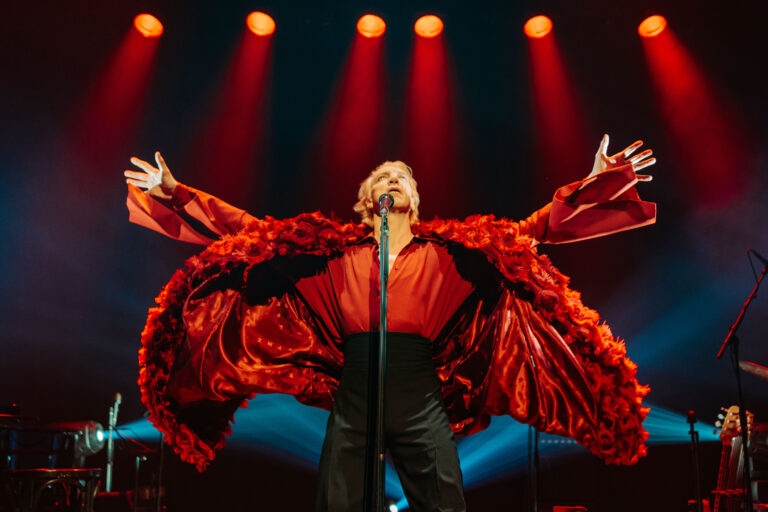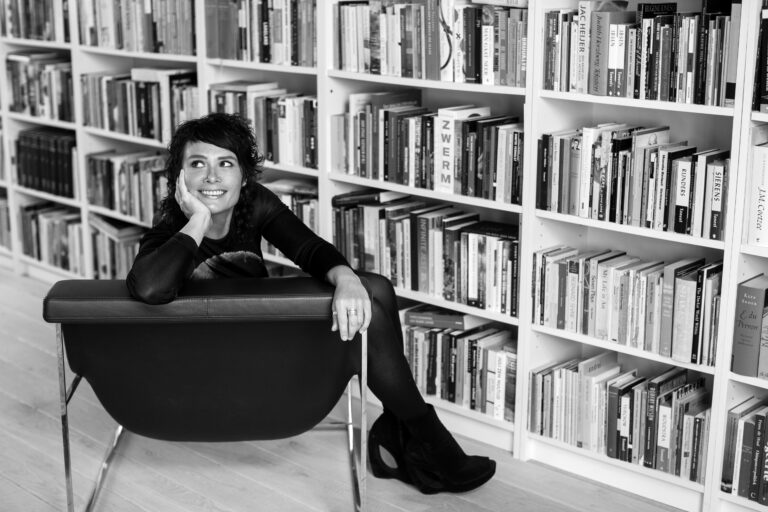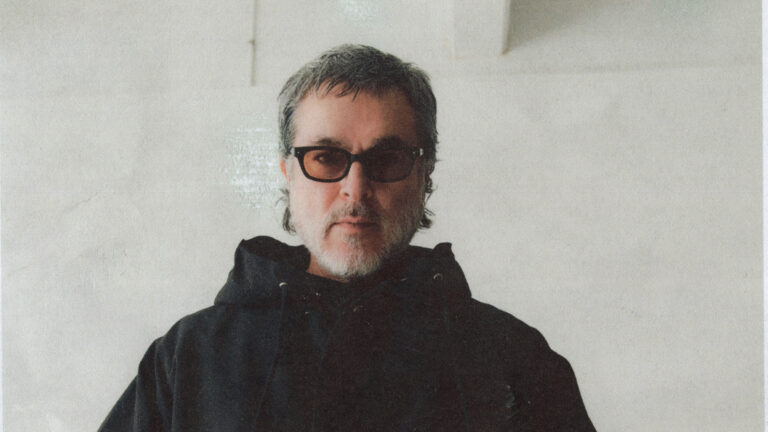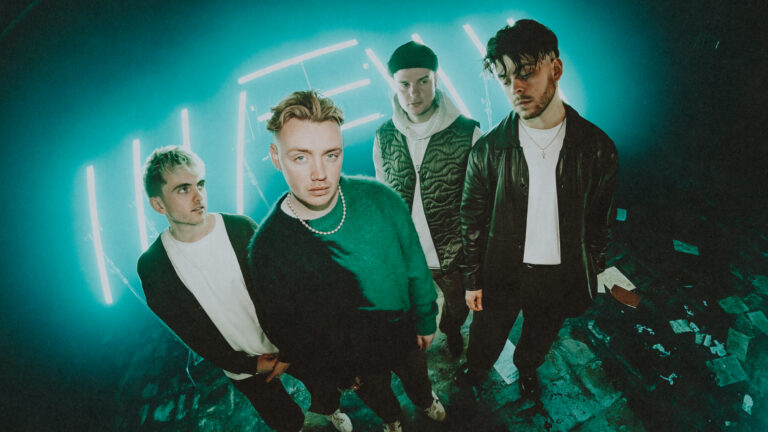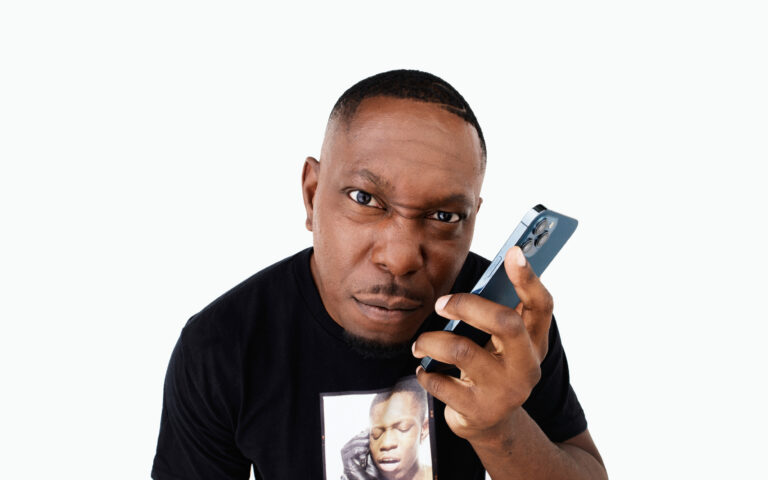Noord Nederlands Toneel/Club Guy&Roni
Asko/Schonberg / Salam - Premiere
Grote, religieuze en maatschappelijke conflicten worden teruggebracht tot menselijke verhalen met o.a. Jack Wouterse
Achter een van de grote maatschappelijke conflicten van nu gaat een klein, menselijk verhaal schuil. Een verhaal over liefde, spijt en een vader die uit onvermogen zijn twee zonen uit elkaar dreef.
Aan vrijwel alle grote conflicten gaat een klein, menselijk verhaal vooraf. Terwijl de spanningen tussen de westerse en de Arabische wereld oplopen, nemen het Noord Nederlands Toneel, Club Guy & Roni en Asko|Schönbergs K[h]AOS de theaterbezoeker mee naar hoe het begon. Een vader die niet weet hoe hij zijn vaderliefde moet tonen en uit onvermogen zijn twee zonen uit elkaar drijft. Het verhaal van Abraham – gespeeld door Jack Wouterse.
Het NNT heeft een Leesclub opgericht. Wil jij meelezen? Kijk dan hier!
Regisseur Guy Weizman brengt met deze voorstelling (met een happy end!) grote, religieuze en maatschappelijke conflicten terug tot menselijke verhalen over liefde, spijt en jaloezie. Wie regisseur Guy Weizman kent, weet dat dit geen historisch bijbeldrama wordt, maar qua sfeer en energie eerder tegen Tarantino’s ‘From Dusk Till Dawn’ aankruipt, met een belangrijke rol voor de muziek.
De Marokkaans-Vlaamse schrijver Fikry El Azzouzi is in België een begrip die zich regelmatig in het Islam-debat mengt. Hij schreef de teksten voor Salam waarin hij de snoeiharde realiteit terug brengt naar grappige dialogen.
Cast & Creatives
regie: Guy Weizman, tekst: Fikry El Azzouzi, choreografie: Roni Haver, beeld: Ascon de Nijs
componisten: Genevieve Murphy, Florian de Backere, Luke Deane, Yannis Kyriakides, Abderrahim Semlali, muzikale dramaturg/ begeleider: David Dramm
Met: Jack Wouterse, Bien de Moor, Bram van der Heijden, Senna Gourdou, Veerle van Overloop, Mohammed Azaay, Igor Podsiadly, Angela Herenda, Adam Peterson, Sofiko Nachkebiya, Harold Luya, Camilo Chapela, Maya Fridman (cello/zang), Daan van Koppen (saxofoon), Jochem Braat (toetsen), Jaber Fayad (ud), Wilco Oomkes (accordeon), Jacobus Thiele (percussie)
All major stories develop from a small story. And practically all world conflicts from disappointment or pain. Now that the tensions between the Western and the Arabic world are mounting more and more, the Noord Nederlands Toneel (NNT), Club Guy & Roni and Asko|Schönberg take the theatregoer back to where it all started: a father who does not know how to show his fatherly love and two brothers who are driven away from each other. This is Abraham’s story.
Both in the Koran and the Bible the story of Abraham and his sons Isaac and Ishmael is recorded. Ishmael is Abraham’s first son, fathered with slave Hagar. Isaac is the first son of Abraham’s wife Sarah. Both brothers are equally close to Abraham’s heart. For fear of Isaac not being recognised as her husband’s first son, Sarah forces Abraham to cast away Ishmael and his mother and send them to the desert. Isaac becomes one of the founders of Judaism and Christianity, whereas Ishmael becomes ancestor to the Muslims.
Moroccan-Flemish author Fikry El Azzouzi wrote the script for Salam. Through three dialogues – between Isaac and Ishmael, between Sarah and Hagar, and between Abraham (played by Jack Wouterse) and God – the NNT, together with Club Guy & Roni and Asko|Schönberg, brings major religious and societal conflicts back to a human story about love, regret, jealousy, growing old, the pain of being childless, and struggling with parenthood. Those who are familiar with Guy Weizman’s work know that this will not be a historical Bible drama. With regard to atmosphere and energy, Weizman chose to be inspired by Tarantino’s From dusk Till Dawn. Just as in other productions, music plays an important part: five young composers write, especially for this play, new folk songs that suit a new, more humane world.
